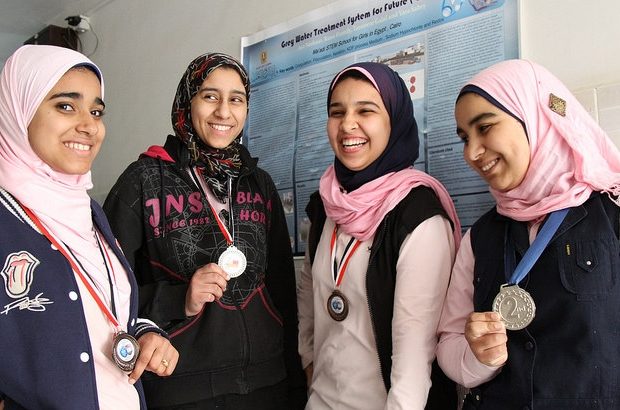
For decades, countries across the globe have been working hard to improve access to education. Significant progress has been made and more young people have access to free schooling than ever before. But the quality of education children receive varies dramatically, both across and within countries, with children from disadvantaged backgrounds too often missing out on the quality of education they need to thrive in adult life.
We know that every day, teachers worldwide are striving to improve the learning outcomes of their students. But they cannot do it alone. Some of the challenges teachers face are unique to their group of pupils, but schools face many common challenges too: how to teach reading, accelerate the pace of learning for students who have fallen behind or how to engage parents in their children’s learning.
Schools across the globe are working to solve similar problems
Every day, schools across the globe are working to solve similar problems, but with limited access to reliable information about what’s most likely to transform their students’ life chances.
We need to start early and make sure that all young people — regardless of background or the country they grow up in — have access to great teaching in primary and secondary school. The EEF believes that the best way to do this is through the better use of evidence: looking at what has — and has not — worked in the past can put us in a much better place to judge what is likely to work in the future.
By giving this information to all teachers — regardless of where they teach and the type of school they teach in — we can make sure more young people have access to an education that could change their life.
But it can be difficult to know where to start. There are thousands of studies out there, most of which are presented in academic papers and journals. Teachers are inundated with information about programmes and training courses too, all of which make claims about impact. How can anyone know which findings are the most secure and reliable?
A new partnership to bring experimental evidence to schools across the world
Before the EEF launched in 2011, most English classrooms were largely evidence-free zones. Fast-forward to 2018 and much has changed. Well over half of all English school leaders now use the EEF’s Teaching and Learning Toolkit — an accessible Which?-style guide that summarises international evidence to indicate the best bets for improving classroom attainment. And over a third of all schools have taken part in an EEF-sponsored randomised controlled trial — the “gold standard” of experimental research — to test the impact of different programmes and teaching approaches.
Through a new partnership with the BHP Billiton Foundation, we’ll be able to take this approach and make it available to teachers across the world. Building on the trail-blazing work here in England, we’ll support education systems across the world to improve outcomes for their pupils – and particularly those from disadvantaged backgrounds – through better use of evidence.
The EEF has already partnered with school systems in Chile, Australia and Scotland. Today’s announcement is part of a global effort to scale up evidence from the national to the international, helping us to answer critical questions about the circumstances in which the evidence is applicable; about what is fundamental to the way humans learn and what is subject to the idiosyncrasies of language, culture and context.
It's a significant challenge and, not surprisingly, one that the teaching profession has shown itself to be more than up for.
The EEF is one of the government-backed What Works Centres. You can find out more about EEF's work in England and abroad on their website.
If you'd like to receive alerts for articles like these, you can subscribe to this blog.
Leave a comment